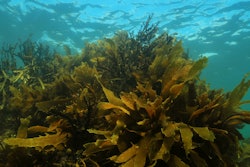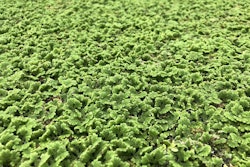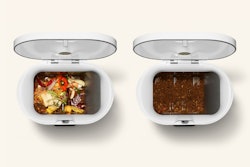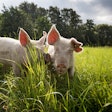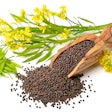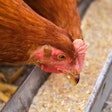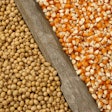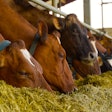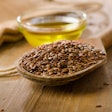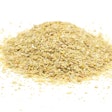
Driven by sky-high prices, two of Nigeria’s leading feed manufacturers have announced a temporary halt in buying corn and sorghum.
This is the latest development in a long-running series of challenges for national food security in Nigeria, and for its population.
This week, Premier Feed Mills reported it had suspended purchases of vital raw materials corn and sorghum, according to Business Day.
Its decision was driven by the prices of these feed ingredients, which it describes as being artificially high. As a result, it says, its finished feed prices for poultry and other livestock producers have become so expensive that national food security is under threat.
The company says it will continue consultations with the government to find solutions to these issues, and to continue support for thousands of local corn growers.
A subsidiary of Flour Mills of Nigeria, Premier Feed Mills’ brand TopFeeds is among the leading feed brands in the country, as well as being the largest producer of feeds for aquaculture in sub-Saharan Africa.
According to Daily Post, a second feed company — Olam Agri — has also vowed to suspend its offtake of the same raw materials, citing Nigeria’s economic hardship and food crisis.
In a statement, the latter company said the move will allow it to examine market trends, and adjust its business accordingly. It is also in negotiation with authorities to manage the ongoing crisis.
The same source reports a recent federal government commitment not to import foods while prices are so high. Official figures put annual food price inflation in the country at more than 35% last month.
Olam Agri’s business covers integrated feed and protein, grains and oilseeds, among other product groups and services. It is a subsidiary of Olam Group, which is headquartered and listed in Singapore.
Poultry farmers seek support
One month ago, the Poultry Association of Nigeria (PAN) called on the president’s administration for help in managing the ongoing crisis.
At issue was the massive hike in the cost of poultry feeds, reported Guardian. The nation’s poultry sector was facing a total collapse, according to the secretary of one PAN local chapter.
To continue production, those poultry businesses still in operation require financial support in the form of grants, he said. With the sector experiencing prolonged difficulties, the repayment of any loans would be unaffordable, he added.
He blamed the situation on inadequate supplies of locally produced corn and soybeans, and a ban on the importation of corn.
Ongoing violence and insecurity in the corn-growing regions of northern Nigeria were blamed for the low domestic harvest, according to a report from the USDA Foreign Agricultural Service (FAS) published in October 2023. Other adverse factors it identified were speculative corn purchasing, rising costs of diesel and logistics, weakness of the local currency (naira), and widespread outbreaks of avian influenza in Nigerian poultry flocks.
FAS forecasts year-on-year reductions of 7% in Nigerian corn production, and 5% in consumption for this marketing year, which ends in June. Animal feed accounts for around one-quarter of corn used in the country, where it is a staple food for the human population.

